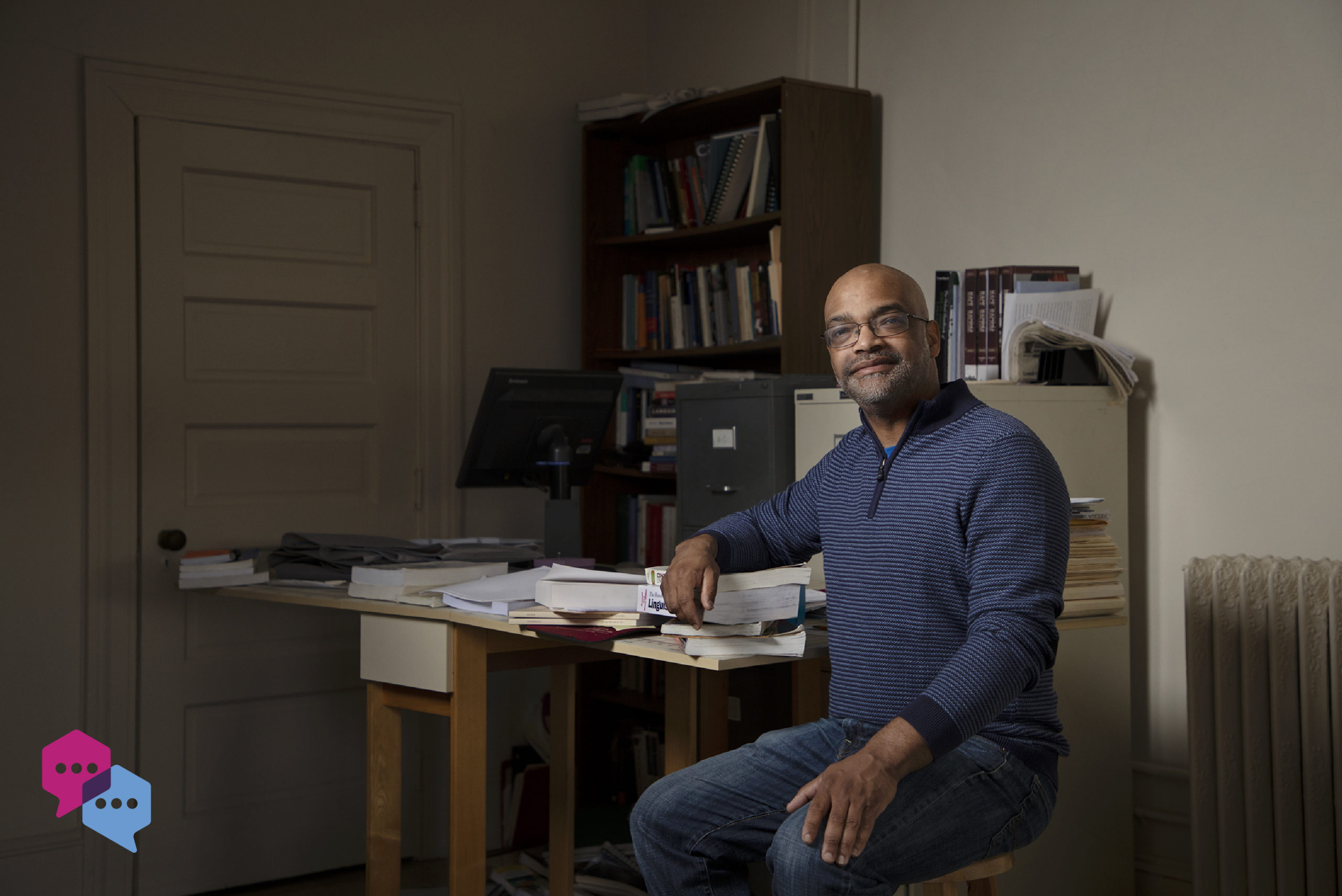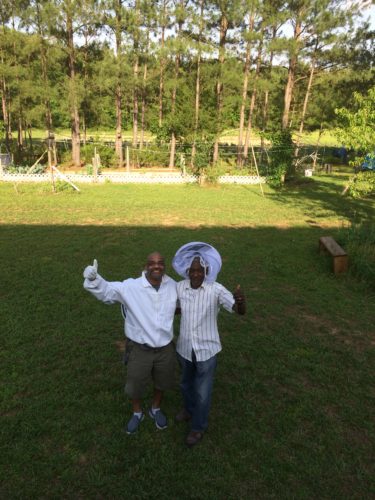Q: When you were a child, what was your response to this question: “What do you want to be when you grow up?”
A: Like the Andy character in the “Toy Story” movies, I grew up during the great shift from cowboy heroes to spacemen. Until quite recently, I would have answered without hesitation or qualification that I wanted to be an astronaut. Not long ago, though, I found an old first- or second-grade school assignment asking this same question. It turns out that I answered an astronaut and a linguist because I wanted to be able to talk to any aliens I might meet in my space travels. But I forgot all about that desire and would have to rediscover linguistics much later in life.
Q: Share the pivotal moment in your life that helped you choose your field of study.
A: It was a conversation I had with my father that would ultimately lead me to become a linguist. I was more than a little confused about what I was going to do once I finished my master’s degree. I had always planned to go on to do a PhD, and still wanted to, but for a variety of reasons, I was no longer convinced that I wanted to continue with engineering. I asked my father his thoughts. He then asked me a question in return, one that I never considered:
“What are you reading now that you could be excited about reading for the next four to five years?”
“I’m fascinated by what I’m reading about linguistics,” I said, and before I could get out another word, he held up his hand and stopped me.
“Then do that.”
At that moment, I stopped thinking about the rest of my life and what I would “be” and started thinking about where my interests were. Without that conversation, I might not be a linguist today.
Q: Tell us about a time you encountered a tricky problem. How did you handle it and what did you learn from it?
A: While working on my dissertation, I encountered a thorny problem concerning the way past tense is encoded in different dialects of American English. I didn’t have a solution, but there was a direction I thought was worth pursuing. The professor with whom I was working closely with on this issue — to this day, a linguistic hero of mine — disagreed. In meeting after meeting I would present my arguments, and in meeting after meeting she would offer a rebuttal, sending me away with more to think about. I thought it would never end. Then in one meeting, after a long pause, I heard her say, “I think you are right.” The experience taught me a lot about following the data wherever it leads and having the courage to stick with it.
Q: Describe your research in 5 words.
A: Uncovering the structure of dialects.
Q: What are your passions outside of research?
A: I love to read in areas outside of my field. In addition to being enjoyable, I think it is an important part of being a well-rounded person. I also like to get outside of my head by physically getting outside, riding my bicycle, doing yard work, and occasionally helping one of my cousins with his bees. Some of my fondest childhood memories are of the times I spent helping my mother in her garden. My mother is the kind that, instead of flowers on Mother’s Day would much rather I show up with a few bags of mulch and plans to spend the day helping her plant flowers. We still spend time in her garden today.



